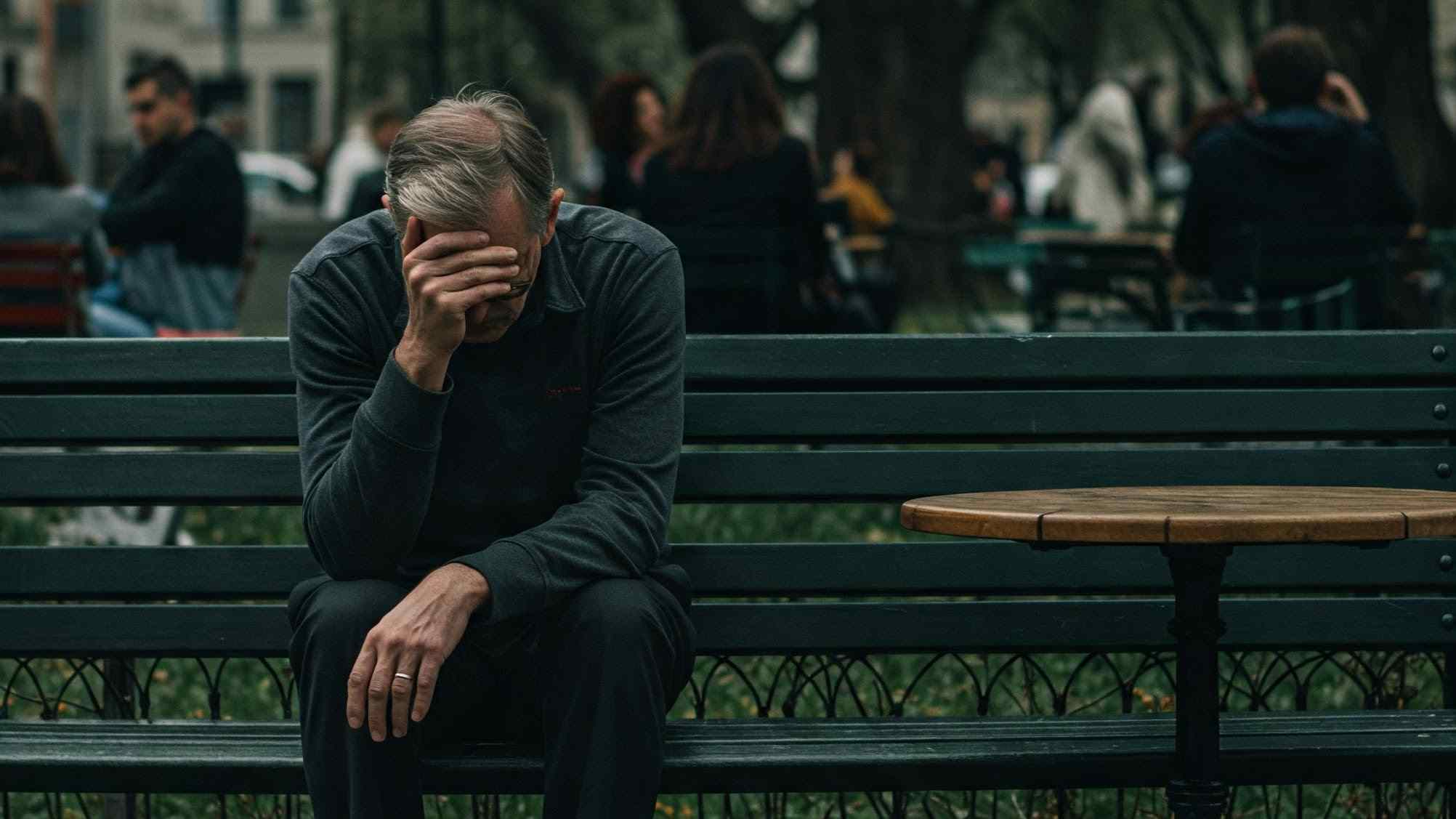Loneliness is something almost everyone experiences at some point. It’s that empty feeling inside, a quiet ache that can creep in even when life seems full. Surprisingly, you can feel this way even when you’re surrounded by people – friends, family, or strangers in a busy place. This strange twist, where we feel alone despite being in a crowd, is more common than you might think. It’s not just about being physically alone; it’s about how we connect – or don’t connect – with others.
This paradox matters because it ties directly into our mental health and emotional wellbeing. When we don’t address these feelings, they can grow, affecting how we see ourselves and the world. Loneliness isn’t just a passing mood; it can shape our lives in deep ways. Understanding why we feel this way, even in a sea of faces, is the first step to tackling it. It’s not about blaming ourselves – it’s about figuring out what’s going on inside our heads and hearts. By digging into this, we can find ways to feel less alone and more at peace, no matter where we are.
Why Do We Feel Lonely in a Crowd? Understanding the Science
Ever been at a party or a packed event and still felt like you didn’t belong? That’s where crowd psychology comes in. It’s the study of how people act and feel in groups. Sometimes, being in a crowd can make us feel more disconnected instead of closer to others. Our brains are wired to seek meaningful bonds, but in big groups, those bonds can feel shallow or out of reach.
Science shows that our brains process social connections differently depending on the setting. When we’re around lots of people but don’t feel seen or heard, it’s like a signal gets lost. Studies, like those from psychologists at the University of Chicago, have found that this “perceived isolation” happens when we think no one understands us, even if we’re not physically alone. It’s not about how many people are around – it’s about how we interpret those interactions. If they feel fake or forced, our minds register it as isolation. It leaves us lonely despite the noise and chatter.
The Impact of Social Media: More Connected, Yet More Isolated
Social media promises to bring us closer, but does it? We’ve got hundreds of “friends” online, liking posts and sharing updates, yet many of us still feel a gap. This is the illusion of social connections in the digital world. Scrolling through feeds can trick us into thinking we’re part of something, but those quick likes and comments often lack depth.
Too much time online can actually boost loneliness. Research shows that people who rely heavily on social media for interaction tend to feel more isolated than those who spend time face-to-face. It’s like filling up on snacks instead of a real meal – it might feel good for a moment, but it doesn’t satisfy. The constant comparison to others’ highlight reels can also make us feel left out or less worthy, widening that lonely gap even more.
Personality and Loneliness: Why Some Feel It More Than Others
Not everyone feels loneliness the same way, and personality plays a big role. Introverts, who recharge by spending time alone, might not mind a quiet night in. Extroverts, on the other hand, thrive on being around people and might feel that isolation sting more when they’re cut off. But it’s not that simple – introverts can feel lonely too, especially if they crave connection but struggle to reach out.
Past experiences shape this too. If someone’s been hurt or let down before, they might pull back from others, protecting emotional wellbeing but accidentally building walls. How we’ve learned to handle relationships – good or bad – can make us more sensitive to feeling alone. It’s like carrying a lens that colors how we see every interaction. It makes some of us more prone to that empty ache than others.
The Mental and Physical Toll of Loneliness

Chronic loneliness doesn’t just mess with your head – it hits your body too. When it sticks around, it can seriously harm mental health, leading to things like anxiety, depression, and stress. It’s a cycle: feeling alone makes you anxious, and that anxiety makes it harder to connect, pulling you deeper into isolation. Studies show that lonely people are more likely to face these struggles, sometimes even feeling them as intensely as physical pain.
But it’s not just in your mind. Loneliness can weaken your heart, mess with your sleep, and even lower your immune system’s strength. Doctors have linked it to higher risks of heart disease and shorter lifespans. Why? Because humans are built for human relationships – when those are missing, our bodies feel the stress. It’s like running a car without oil; eventually, things start to break down. Addressing loneliness isn’t just about feeling better – it’s about staying healthier, inside and out.
Breaking the Cycle: How to Build Meaningful Social Connections
So, how do we fight back? Here are some practical steps:
- Reach out to reduce isolation. Call a friend or join a local group that interests you.
- Listen. Really hear what others say – it builds trust and closeness.
- Be present. Put the phone down and focus on the moment.
The Future of Loneliness: Can Society Overcome This Epidemic?
Loneliness is being called an epidemic, and society’s starting to wake up to it. From city programs to tech innovations, people are tackling this head-on. Some governments, such as the UK, have even appointed ‘loneliness ministers’ to focus on building stronger social connections, drawing on principles from crowd psychology. Community efforts – think book clubs, sports teams, or volunteer groups – are popping up to bring people together in real life, not just online.
Technology’s a double-edged sword here. While it can fuel loneliness, it’s also being used to fight it. Apps connect people with similar interests, and virtual therapy helps those struggling with mental health. But the real key? Support systems that boost emotional wellbeing. Schools are teaching kids how to bond, workplaces are encouraging team-building, and families are urged to check in on each other. It’s a slow shift, but it’s happening.




